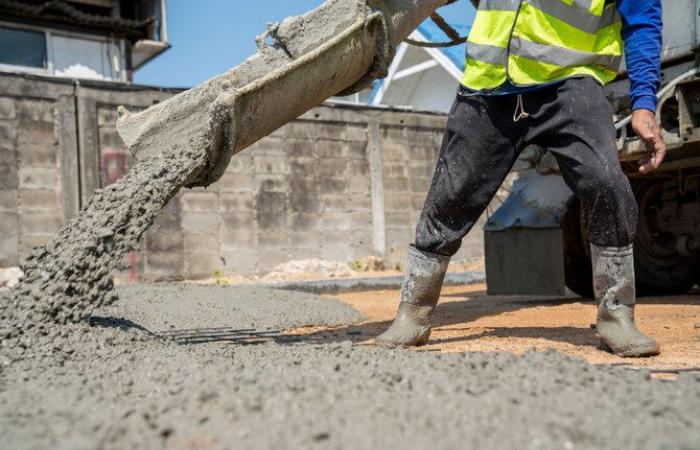
Mehdi Marroun | 20:49 – May 4, 2025
The activity of the building and public works sector in Morocco has tangible signs of revival, judging by the notable increase in cement deliveries recorded in the first quarter of the current year, an indicator traditionally closely correlated to the vigor of the infrastructure and construction sites.
According to the latest data communicated by the Directorate of Studies and Financial Forecasts (DEPF), under the Ministry of Economy and Finance, cement sales increased by 4.5 % between January and March 2025, contrasting with the contraction of 0.4 % observed in the same period in 2024.
For Anis Benjelloun, vice-president of the National Federation of Real Estate Promoters (FNPI), this upturn can not be interpreted other than the direct reflection of the intensification of work related to projects of general interest. “The link between the acceleration of public works and the consistency of the consumption of cement is no longer debated”he said.
According to him, this progression is based above all on the vigor of the segments of ready -to -use concrete and prefabricated elements, massively solicited in the major sites. The residential and the tertiary sector, on the other hand, continue to evolve at a more moderate rate. He nevertheless observes that “Building activity remains supported despite an increase of almost 30 % of labor and benefits costs, partially amortized by the good behavior of the agricultural campaign, favored by a generous rainfall regime”.
The DEPF underlines in its April note a marked increase in prefabricated concrete shipments (+16.8 %) and ready -to -use concrete deliveries (+18.6 %), confirming the driving role of these two segments in the ascending curve of cement sales.
On the financial level, housing competitions increased by 2.1 %, compared to 1.6 % a year earlier. As for the credits granted to real estate developers, they recorded a more pronounced upturn, with an increase of 6.6 % after a contraction of 0.7 % in 2024.
Mr. Benjelloun, however, nuances this trend: “The consumption of cement reflects a sectoral reality, but it cannot mask the tangible decline in the number of housing under construction or recently completed”he underlines.







